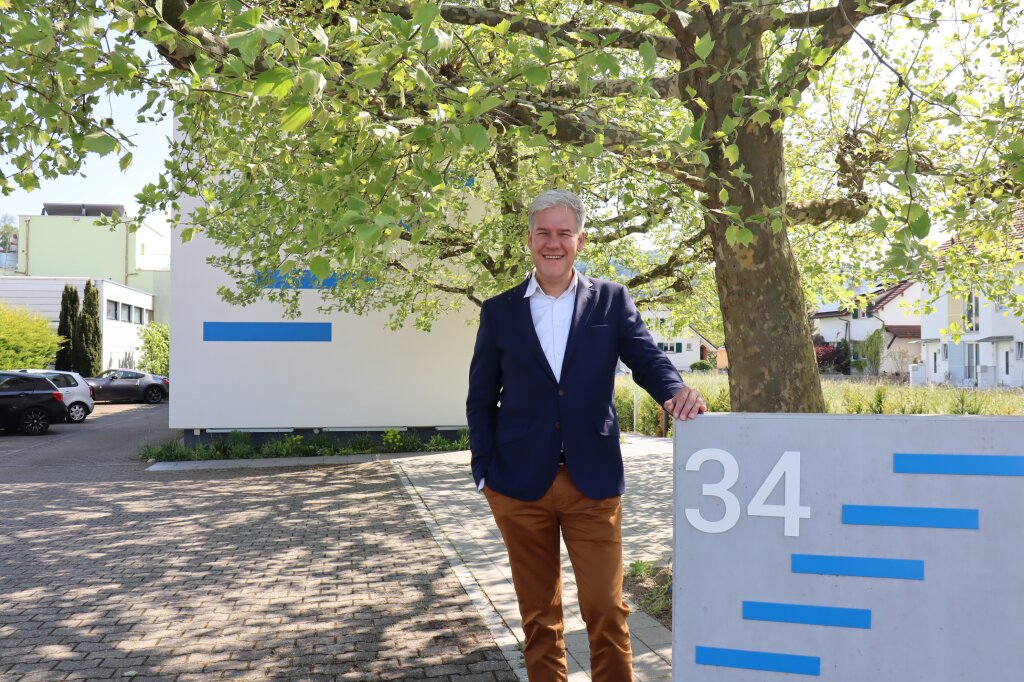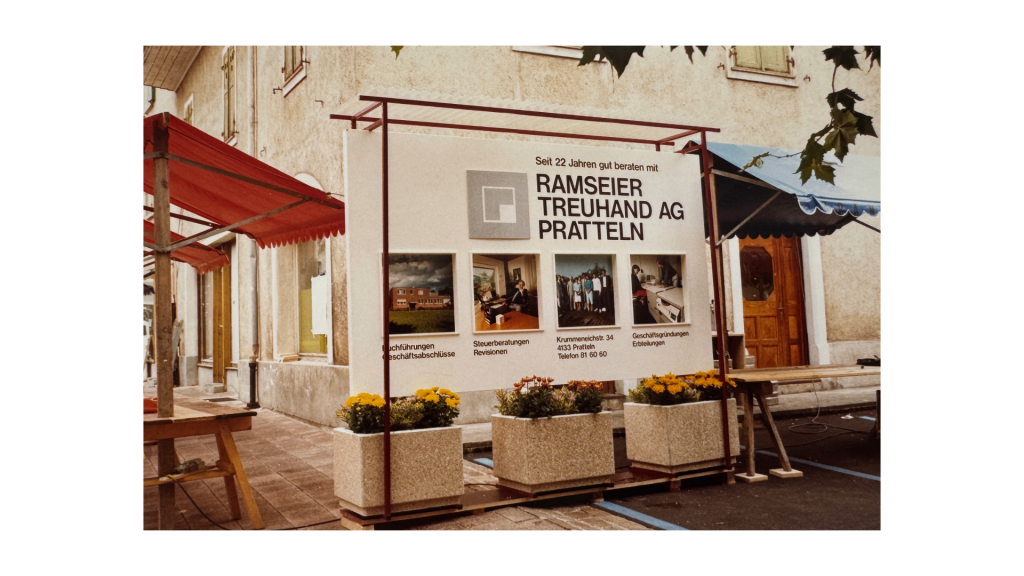Tax proposal 17
Around a year after the new tax bill was launched, it has been adopted by the Swiss parliament. Now a referendum could still cause the bill to fail.
In the end, the Council of States approved the National Council's draft, which deviates from the Federal Council's proposal in individual points. The most important element is the link between the corporate tax reform and the AHV. The latter will receive around CHF 2 billion per year through additional salary contributions, VAT and federal contributions. The cantons' share of direct federal tax will be increased to 21.2%. The intercantonal financial equalization system must be adjusted and the municipalities should be compensated for the effects of the corporate tax reform.
The most important elements in brief:
Dividend taxation: Dividends on participations of at least 10% are taxed at least 70% by the Confederation and at least 50% by the cantons.
Expenditure on research and development: R&D expenditure in Germany can be claimed for tax purposes at 150%.
Patent box: Income from patents and comparable rights may be exempted up to a maximum of 90%.
Hidden reserves: Companies that relocate their registered office to Switzerland can write off the disclosed hidden reserves within 10 years. Hidden reserves of companies that lose their cantonal tax privileges with SV 17 will be taxed separately.
Minimum taxation: Interest deduction, patent box and research deductions as well as separate taxation of hidden reserves may result in a maximum total relief of 70% compared to ordinary taxation.
Capital contribution principle: Listed companies that were incorporated before February 24, 2008 may only pay out capital contribution reserves tax-free if they distribute taxable dividends in the same amount.
Interest deduction: Only high-tax cantons (especially Zurich) can allow the interest deduction on surplus equity capital
Left-wing groups (excluding the SP) have announced their intention to call for a referendum. A further referendum on this issue is therefore likely to be held. This is expected to take place on May 19, 2019. If the bill is accepted, it could come into force on January 1, 2020.
The cantons are at different stages of implementing the reform. The Grand Council of the canton of Basel-Stadt has already approved the cantonal proposal, while the proposal from Baselland still has to be discussed by the cantonal parliament after the consultation process has been completed. Both cantons again envisage significant reductions in profit tax rates.





